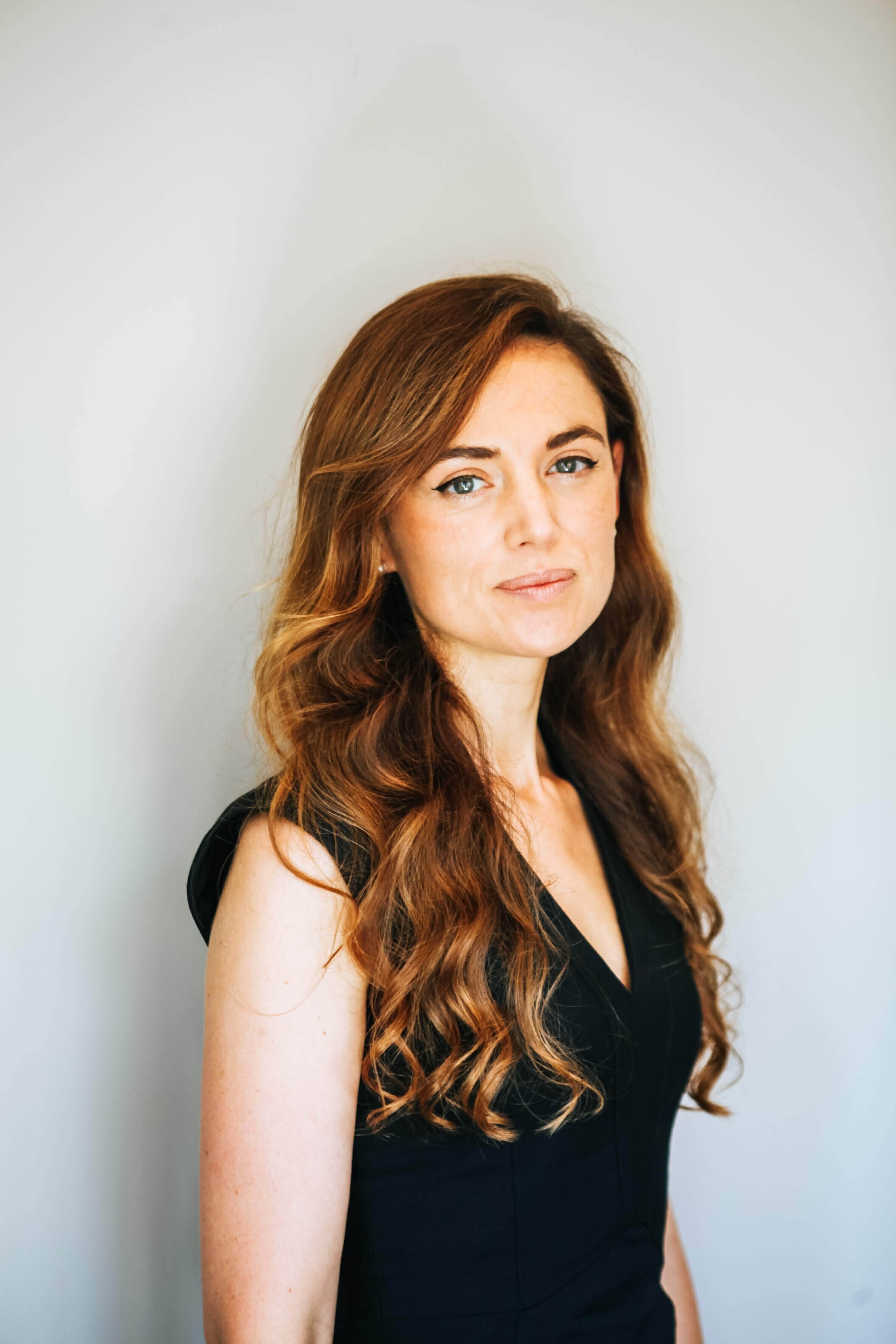I am an interdisciplinary scientist with a focus on science in policy and industry, and forensic science. I am Co-Director of the UCL Arista Institute, a collaboration between the Faculty of Engineering and the Faculty of Arts and Humanities. We address persistent, complex, dynamic challenges using creative interdisciplinary thinking. We make connections across disciplines and with industry, government, and the third sector. We find unconventional intersections and reimagine environmentally and economically sustainable solutions.
I am Professor of Crime and Forensic Science at University College London (UCL) and the founder and director of the UCL Centre for the Forensic Sciences, the only interdisciplinary research unit in the world to be solely dedicated to undertaking the experimental research needed to address the most significant challenge in forensic science: the interpretation of forensic science evidence. Our research has won awards from the UK, American, and Australia & New Zealand Forensic Science Societies.
I have served as Vice Dean in the University College London (UCL) Faculty of Engineering Sciences, and as the Specialist Adviser to the UK House of Lords Science and Technology Committee during their inquiry into forensic science.
I am passionate about pioneering excellent creative science that transcends traditional disciplinary boundaries to address real world challenges, and to integrate science into society to serve the justice system and the public good. I am committed to collaborating in my research with a broad range of stakeholders to ensure we address real world questions to inform policy and best practice to create change, and to be part of creating a more inclusive and equitable future.









